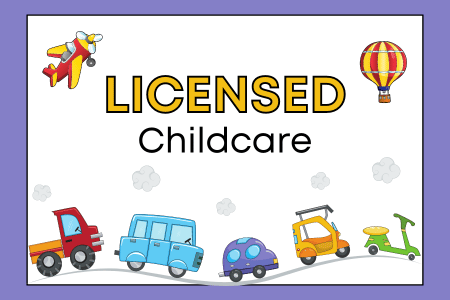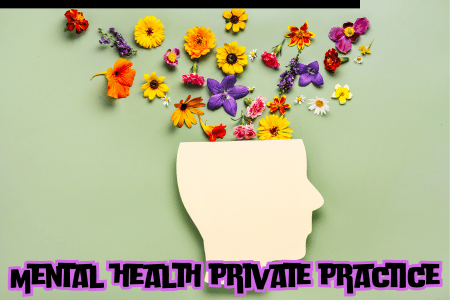Who Regulates Licensed Childcare?
Licensed Childcare is a vital service that supports children’s development and allows parents to work or attend school. The regulation of childcare services is crucial to ensure that children are provided with safe and nurturing environments. Childcare regulations vary by state in the United States, but the primary responsibility often lies with state and local public agencies. These agencies enforce childcare licensing requirements and ensure that childcare providers meet established health and safety standards. For example, the Virginia Department of Education oversees childcare licensure in Virginia.
Licensing Ensures Minimum Health and Safety Requirements for Child Care Programs
Licensing is a critical process that ensures childcare programs meet minimum health and safety standards. Childcare providers must submit a complete application for licensure to the appropriate licensing office, such as the Virginia Department of Education, which includes detailed information about the facility, staff qualifications, and operational procedures. This application must include the business entity section, background checks, reference letters, association bylaws, and other necessary documentation.
The licensing process includes a thorough application review and a facility inspection to verify compliance with state regulations. Licensing inspectors visit child day centers at least twice yearly and investigate complaints to ensure ongoing compliance. This rigorous process helps protect children in care by enforcing standards for licensed child day centers, including staff-to-child ratios, health and safety protocols, and emergency preparedness plans.
Licensing Provides Safe Supervision in Child Care Programs to Support Your Child’s Learning
Childcare licensing is essential for health and safety and for providing safe supervision that supports children’s learning and development. Licensed childcare programs must adhere to specific standards that promote child development, such as appropriate curriculum planning, qualified staff, and safe, stimulating environments. These standards ensure that children receive quality care and education that fosters their growth and prepares them for academic success.
For instance, in Virginia, the Office of Child Care Health and Safety establishes standards for licensed childcare day programs, ensuring that children under 13 receive proper supervision and care. This includes maintaining safe play areas, providing nutritious meals through programs like the Child and Adult Care Food Program, and implementing practical learning activities.
Learn More About How Your State or Territory Licenses Child Care Programs
Each state or territory has its childcare licensing regulations and processes. To learn more about the specific requirements in your area, you can contact the appropriate licensing office or visit their website. For example, you can contact the Office of Child Care Health and Safety in Virginia or use the Virginia child care licensing online portal to access information and resources.
Here are some general steps and requirements you might encounter:
- Initial Application for Licensure: Childcare providers must submit a complete application to the licensing office, including the business entity section, background checks, reference letters, and facility details. This application must be submitted at least 60 days before the intended opening date of the child care center.
- Facility Inspection: You will be contacted by a licensing inspector to arrange an inspection of your facility. This inspection ensures that the childcare environment meets health and safety standards. Child day centers are inspected at least twice a year and investigated for any complaints.
- Staff Qualifications and Training: Childcare providers must meet specific training requirements, including health and safety training, child development courses, and continuing education. These requirements help ensure that staff are equipped to provide high-quality care.
- Background Checks: All individuals listed in the business entity section of the application must undergo background checks to ensure they are suitable to work with children.
- Renewal Application: Licensed childcare providers must submit a renewal application at least 12 months before the expiration of their current license. This renewal process helps maintain high standards of care and compliance with regulations.
- Health and Safety Protocols: Licensed childcare programs must adhere to health and safety protocols, including maintaining clean facilities, conducting regular safety drills, and ensuring playground safety.
- Documentation and Record-Keeping: Providers must keep detailed records of their operations, including staff qualifications, child attendance, and incident reports. These records are crucial for maintaining transparency and accountability.
Contact your state’s licensing office directly if you encounter difficulties using the online portal or need further assistance. They can guide the application process, help you understand licensing requirements, and ensure timely application processing.
Conclusion
It is crucial to comprehend and adhere to childcare licensing regulations to guarantee the safety and welfare of children in care. Licensing enforces health and safety standards and supports child development by ensuring quality supervision and learning environments. By familiarizing yourself with your state’s specific licensing requirements and maintaining compliance, you can provide a high standard of care and support for the children in your program. For more detailed information, always refer to your state or territory’s child care licensing office and their available resources.







